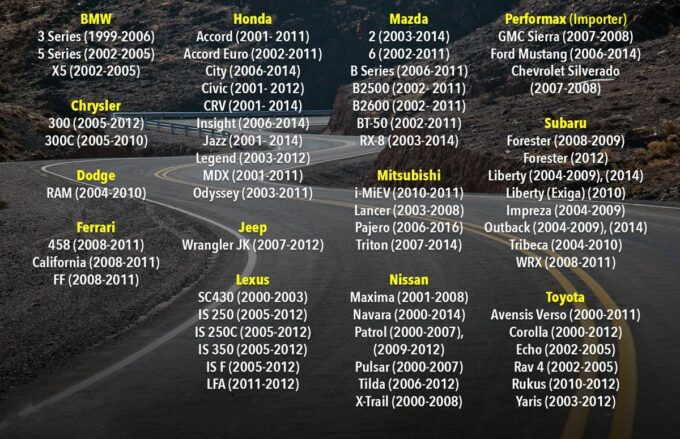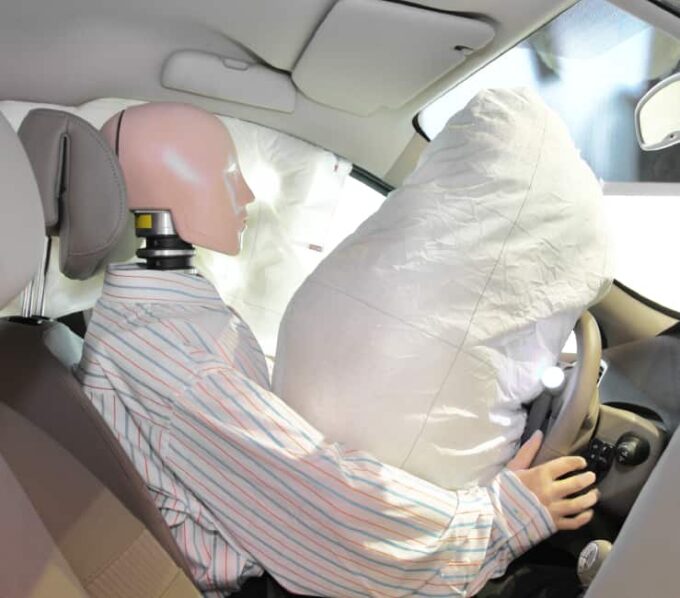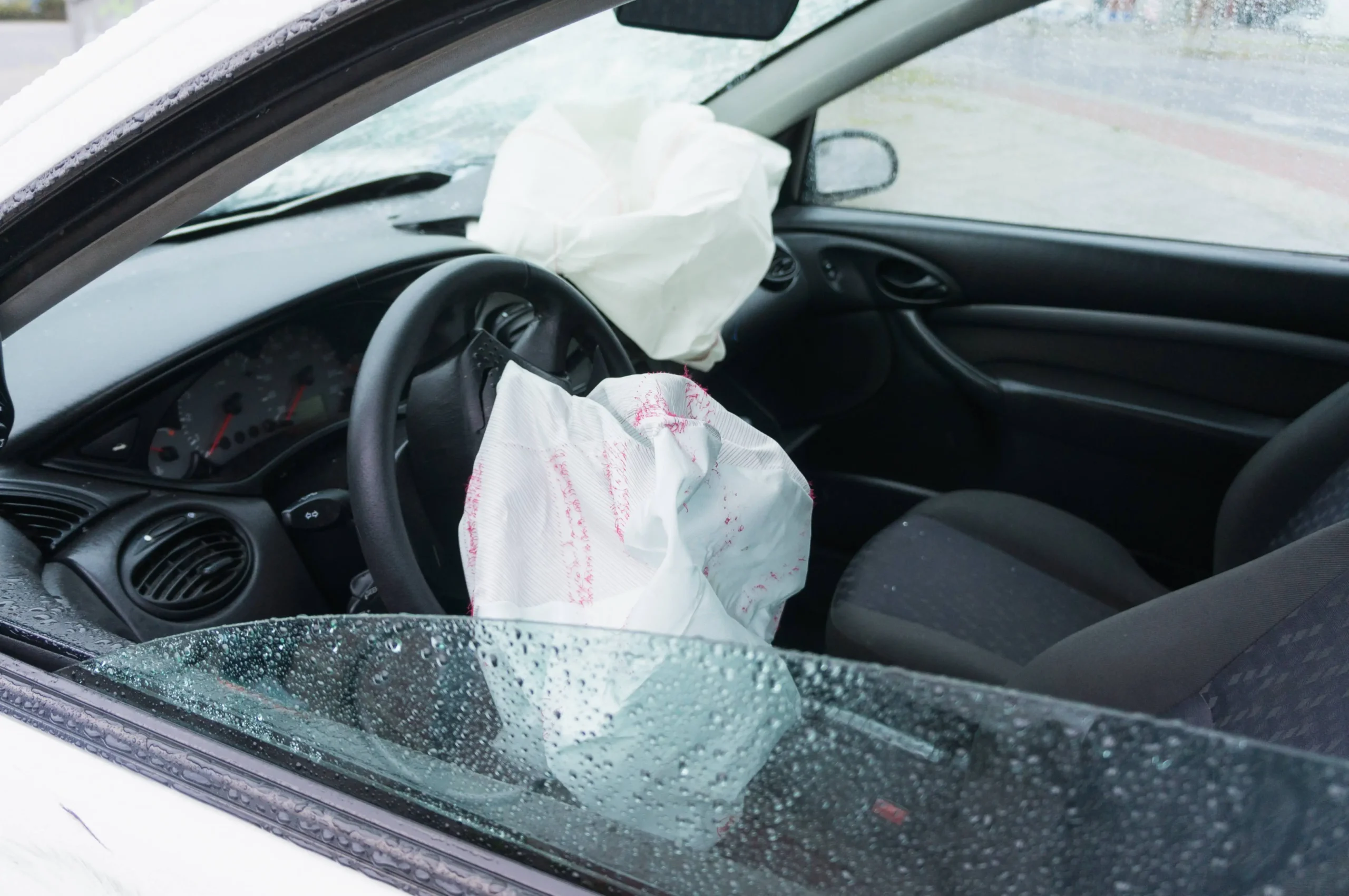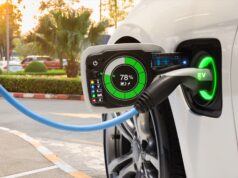Airbags are one of the most important safety features to help minimize the extent of injuries in a vehicle collision. Airbags are designed in a way that makes it possible for them to inflate when the car makes an impact. A good airbag can prevent head, chest, and other severe injuries in a car crash.
Takata, a Japanese automotive company, is a major manufacturer of the airbags used by different car models. Currently, Takata airbags are facing a recall for some exploding when set off in a vehicle collision. A defect in the design has led to at least 19 deaths.
According to the National Highway Traffic Safety Administration (NHTSA), the Takata exploding airbag recall is one of the most complex safety recalls recorded in the United States. The reason is that millions of the airbags were deployed, and getting the entire product out of the market is challenging.
Stages of the Takata Airbag Recall
The Takata exploding airbag recall was done in stages to ensure maximum results and fast-track the recall process. The NHTSA initiated the recall after analyzing the level of risk for each vehicle model. The analysis showed that the risk level in some car models was higher than in others.
For instance, the vehicle model recalls targeted vehicles made between 2001 and 2015. Some models were also more at risk than others, such as the 2006 Ford Ranger and the 2001 – 2003 Acura and Honda cars. Airbags in these car models were at a higher risk of rupturing and had a 50 percent possibility of exploding if a crash occurred.
According to reports, Takata knew of the defects in its airbags as early as 2000. The company covered up this defect by making up the numbers on the test data, misleading consumers and safety groups about the product’s safety.
The Implications of the Takata Exploding Airbags
Airbags as a safety device have helped to minimize the occurrence of all forms of injuries in a car crash. According to data released by the NHTSA, as of 2017, airbags have helped save more than 50,457 lives.
Therefore, a defective airbag exposes people to the risk of severe injuries in the event of a crash.
The Effect of the Defective Airbags on the Takata Company
In 2017, a case was filed against the executives of Takata company for making up the product test data in a bid to cover up the defective products. The company also had to pay a fine of $1 billion. Additionally, the company had to file for bankruptcy in the aftermath of the recall process and the eventual purchase of the company by a Chinese company.
The recall process affected over 19 automobile makers, with the airbags recalled in more than 37 million cars. There are speculations that the recall will extend up to 2024 before all affected vehicles can be repaired. That is up to 15 years from when the first recall was announced.
What Causes the Takata Airbags to Explode?

The inflators in airbags are made with dry chemical agents. These chemical agents may cause the airbags to explode when exposed to intense heat or humidity over a long period. The explosion of the airbags can lead to severe injuries and sometimes the deaths of the occupants of the car.
The Takata airbags were created with volatile ammonium nitrate. This chemical creates a small explosion during a crash, resulting in the airbags’ inflation. The ammonium nitrate can become more flammable when exposed to intense heat or moisture in the air. This can lead to an explosion that can cause shrapnel to explode into the car occupants causing serious injuries and, in severe cases, death.
Driving around in a vehicle with a recalled Takata airbag is dangerous as the car occupants are exposed to risks. Therefore, drivers must stay updated with information on the recall process to ensure that their vehicles are not a danger to them. Information on car models that have been recalled is on the National Highway Traffic Safety Administration website.
What If My Vehicle is on the Takata Airbag Recall List?
Recalls are specifically issued to safeguard users’ lives against any harm that may result from using a defective product. In the case of the Takata airbag recall, the manufacturers are required to either repair or replace the faulty airbags.
The recall order was issued in batches after the NHTSA conducted its risk analysis on the car models to determine the ones the airbags have a higher tendency to explode. Drivers of the Ford and Mazda trucks and the 2001 – 2003 models of the Honda and Acura were instructed to cease driving and get in touch with the car dealers as fast as possible.

If you find out that your vehicle is part of the Takata airbag recall, you should contact the car dealer who will take it up. If the dealer fails to initiate the repair or replace process, the vehicle owner can reach out to the car manufacturer and NHTSA and provide as much information as possible to help the agency follow up on the recall process.
What to Do While Waiting for Repair
Getting to repair or replace the airbags may take some time. While waiting, vehicle owners may be tempted to disable the airbags. This, however, exposes them to a higher risk of severe injuries if an accident occurs.
Except for vehicles, the owners are advised to cease driving; one can keep using their vehicles while waiting for the defective airbag to be replaced. Also, drivers can avoid having passengers in the front seat to minimize the risk of injuries in a crash.
Bottom Line
“It may take a while to recall all the Takata airbags deployed over 20 years completely,” says car accident lawyer Amy Gaiennie of Amy G Injury Firm. “Motorists should try to identify the airbags in their vehicles and monitor the recall status.”
Accidents resulting from defective products can lead to medical expenses in treating the injuries. People who suffer from accidents resulting from a manufacturer’s negligence can file a lawsuit for compensation.
If you sustained injuries from the Takata exploding airbags, you should reach out to a competent attorney who will advise on legal actions to take to get compensation.










